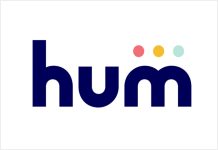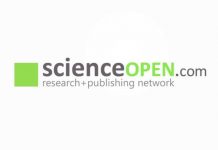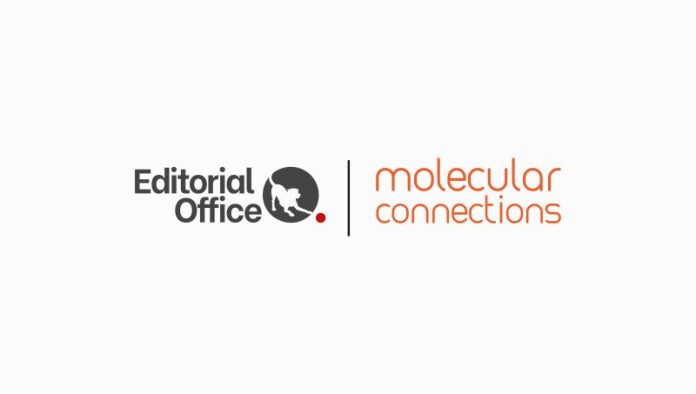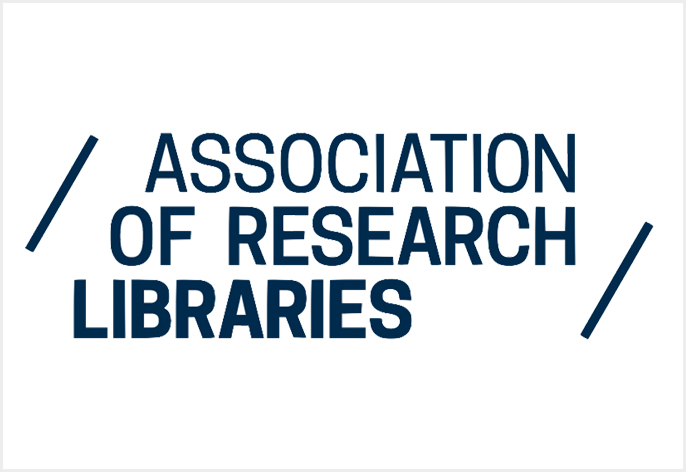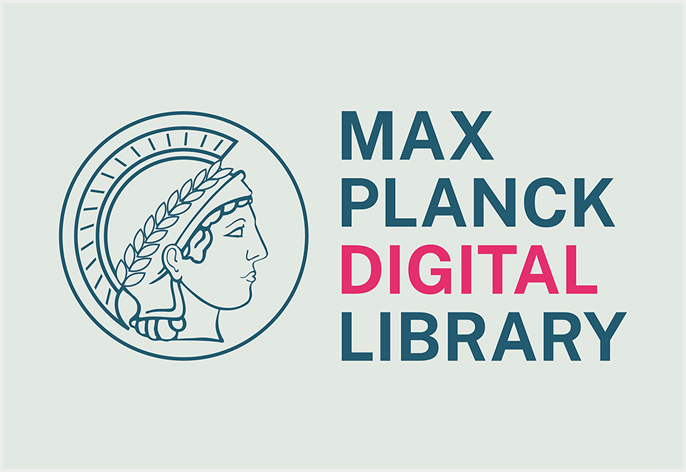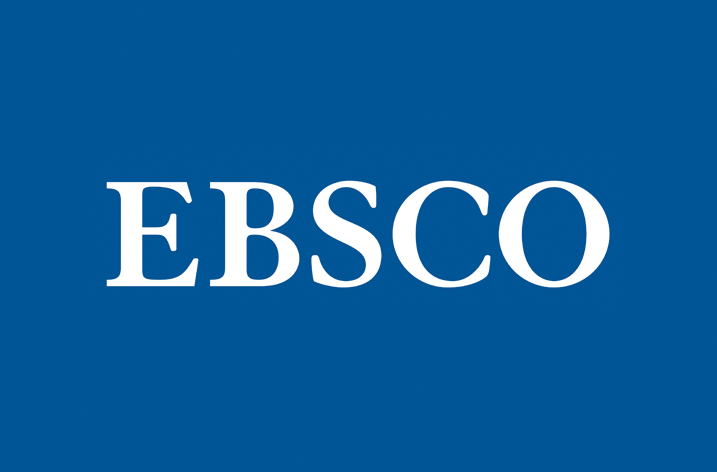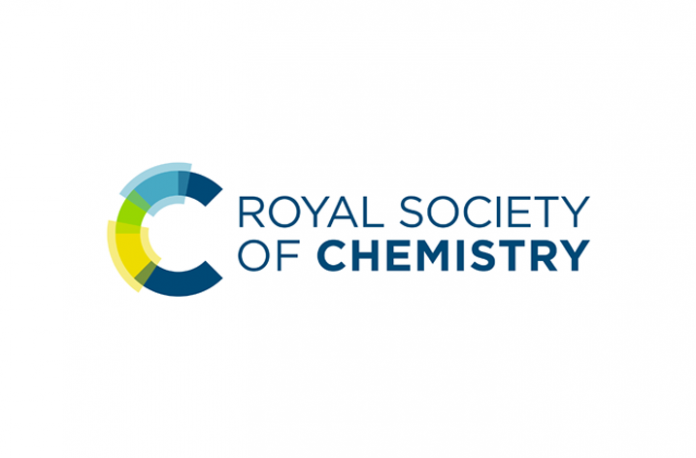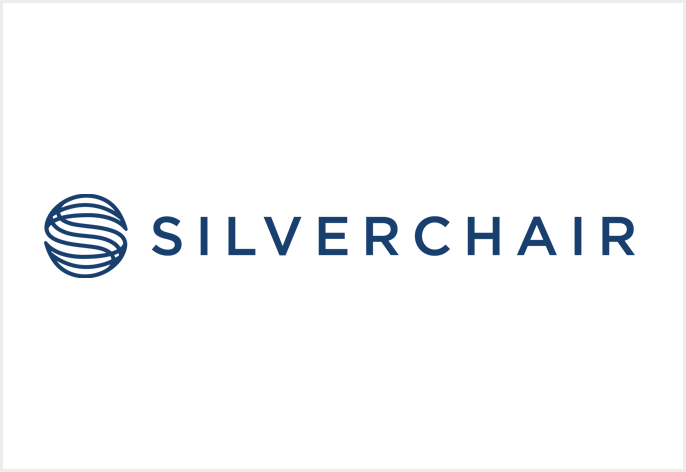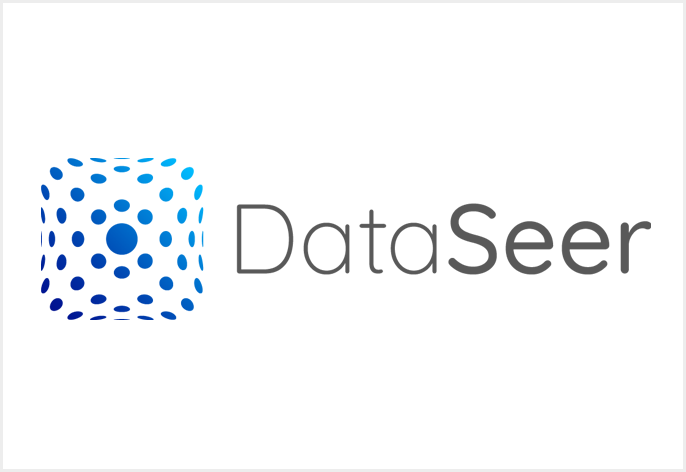Global study of nearly 5,000 researchers reveals AI will play a significant role in the research process within two years, despite limited current use
Wiley, one of the world’s largest publishers and a trusted leader in research and learning, today announced the release of ExplanAItions, a major study that explores artificial intelligence (AI) use and applications across the research process. Drawing on insights from nearly 5,000 researchers worldwide, the study extensively explores how AI is currently used, where it is positioned to make a significant impact, variations in adoption and interest, and the role publishers can play in supporting researchers’ responsible and evolving use of AI.
Key Findings from ExplanAItions
The study collected feedback on a total of 43 specific AI use cases from across the research process spanning disciplines and geographies, uncovering critical insights that vary by cohort:
- Current AI use tends to be limited to a few core tasks, but researchers expect a rapid expansion in how AI is employed throughout the research process.
- Researchers are not only highly interested in AI, but a majority believe that AI currently outperforms humans in over half of the 43 use cases tested.
- AI adoption varies across regions but barriers to greater AI use are consistent globally:
- China (59%) and Germany (57%) lead the way in using AI for their research process compared to 44% adoption among researchers in the rest of the world.
- Over 60% of researchers globally cite a lack of guidelines and training as a barrier to their increased use of AI.
- AI aspirations and attitudes vary across fields of study:
- The fields of Computer Science and Medicine have the most researchers who self-identify as wanting to be early adopters of AI (44% and 38%, respectively, vs. 34% overall).
- Life Sciences researchers are the most cautious in their approach to AI, with the smallest proportion of early adopters (27% vs. 34% overall) but are on par with other disciplines in terms of having used AI to conduct or write their research.
- Across disciplines, career phases, and regions, researchers agree that they see a role for publishers in navigating the future use of AI: around 70% want publishers to provide guidelines on what uses of AI are acceptable in the context of scholarly research and to help them avoid potential errors and pitfalls.
TheExplanAItionsstudy also highlights notable barriers to AI adoption in spite of openness to AI applications, with 63% of researchers citing either a lack of clear guidelines on accepted AI uses in their field, or the need for training, as key obstacles.
Listening to Authors: Forthcoming AI Guidelines
In response to 70% of researchers calling for clear guidance on AI usage, Wiley is actively developing AI guidelines for authors. These guidelines will provide actionable recommendations for the responsible and effective use of AI in authorship and are informed by extensive consultation with authors, editorial staff, and AI experts. The guidelines will launch in the coming months and aim to address the ethical, practical, and technical challenges authors face when navigating the use of AI.
“Our study reveals a striking pattern – while researchers are eager to embrace AI’s benefits, they face significant barriers including a lack of clear guidelines on acceptable use,” said Jay Flynn, Wiley EVP & General Manager, Research & Learning. “We’ve heard researchers loud and clear. We’re committed to supporting authors as they navigate this transformation and will offer guidance on how to use generative AI tools with greater confidence.”
Wiley’s Leadership in Shaping AI
Wiley’s proactive approach to AI goes beyond the forthcoming guidelines. Recent initiatives include the Wiley AI Partnerships: A Co-Innovation Program to accelerate scientific discovery, The Conversations series featuring an episode on AI ethics, and the establishment of Wiley’s AI Principles. Together with the ExplanAItions study, these efforts reinforce Wiley’s position as a trusted leader in driving the responsible and exciting integration of AI into research and publishing.
Download the Report and Visit the Microsite
Discover the full insights from the ExplanAItions study here accompanied by supporting resources and factsheets on a new microsite.
Survey Methodology
ExplanAItions is the culmination of multiple explorations on the topic of AI in academic research conducted by Wiley in 2024. This includes 1) a survey on perceptions, attitudes, and behaviors in March-April with 1,043 responses, 2) 18 hour-long one-on-one interviews conducted in July and August to collect input and refine a list of AI use cases, and 3) a survey deep dive to collect data on use cases in August-September with 4,946 responses. As a thank you for participating in the survey, Wiley donated funds for each response to One Tree Planted, a charity supporting reforestation and biodiversity initiatives around the globe. Wiley has donated funds to plant a total of 21,780 trees due to strong participation in the ExplanAItionssurveys.






